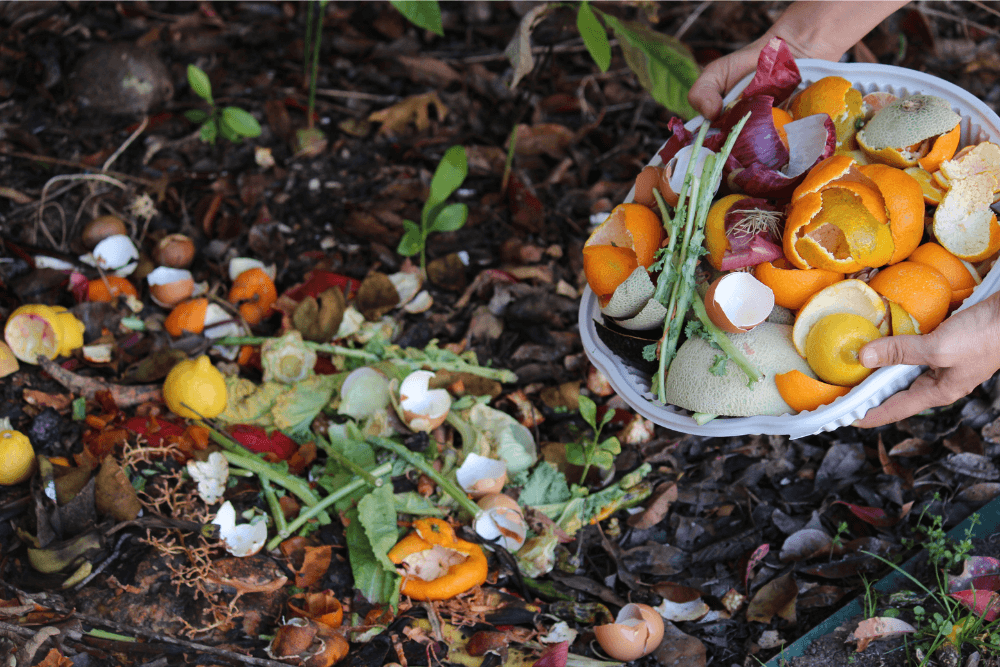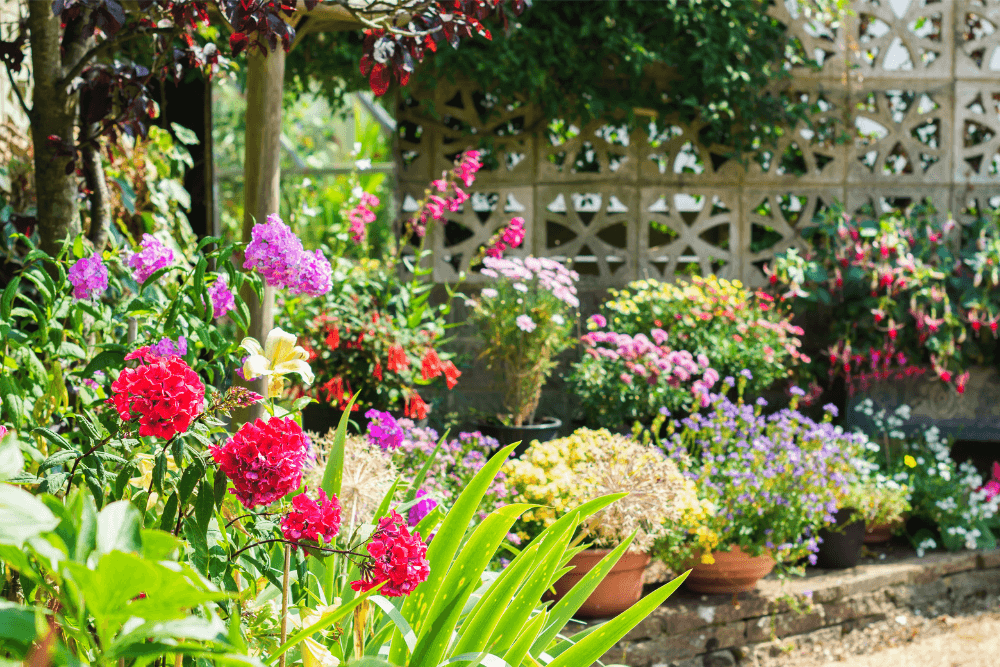Gardening is well documented to have positive effects to both our physical and mental health. Ideally the work gardeners do in their gardens should also have a positive outcome for wildlife and the environment. However, too often the need for the ‘perfect’ outdoor space results in out-striping these positive outcomes. The growing trend to lay artificial turf and paving means the hard slog at the hands of a lawn mower reduces health benefits and natural foods for birds and insects. So, lets look at how we can ‘buck’ modern trends and go back to focusing on our fragile environment.
You many well ask what difference your garden would make if you committed fully to supporting wildlife and the environment. Sustainability reduces carbo emissions.
According to ZSL.org, gardeners have created 2 – 3 million ponds across the country. These bodies of water are enjoyed by frogs, newts, water beetles, dragon flies, pond skaters and many other wildlife species. Ponds are an important source of drinking water for mammals and birds too.
Don’t bin – mulch and compost instead
Gardeners need to aim to pledge only to purchase peat-free compost or potting soil and recycle the bag it was sold in. Many garden nurseries take empty bags of compost to have them recycled as well as plastic plant pots.

Create a ‘wild’ corner in your garden
Dedicate a ‘no-mow’ area in your garden to grow nectar and pollen rich indigenous plants such as cornflower, poppies and sunflowers. Sow seeds and let nature take over. An overgrown protected area will provide a perfect place for hedgehogs to hibernate.
Include a log pile for insects to make their homes in and offer a haven in the cooler months. Leaves left lying in flower beds will provide shelter to insects and small creatures that hibernated during the winter months.
Grow for pollinators
Plant nectar-rich plants that flower at different times of the year to support bees, butterflies and moths. These insects, which are in decline play a critical part in our ecosystem. Nectar-rich plants include foxgloves, wallflowers, Verbena bonariensis & heleniums (Sneezeweed) as well as herbs such as Rosemary.

Gardeners are encouraged to follow sustainable practices
Avoid the use of chemical pesticides and fertilisers as these affect wildlife and the delicate balance of our ecosystem.
Plant a hedge
Hedges offer shelter, food and nesting areas for birds, insects or small animals.
Build a pond
Wildlife will always be attracted to water. If the intention of your garden pond is for wildlife versus to home Koi or goldfish, be sure to include a beached area. The slopping edge will allow ease of entry and exit to your pond.
Feed birds
Feed birds only types of foods bought from reputable suppliers. Cheap fat-balls often have harmful fillers added to the suet which is harmful to birds.
What we eat and reducing the amount of food waste will also have an effect on our environment. Plan meals and the ingredients needed to reduce waste. Try buying foods from sustainable sources and from fair trade suppliers. We should also aim to cook as many of your meals as possible from scratch. Doing this is likely to also reduce the amount of packing materials destined to landfill. We need to ditch the notion that filling our blue recycle bins vs green bins is helping the environment – waste is waste and energy is needed to send to landfill or recycle into new products.
According to a BBC report published in September 2023, plants and animals that have been monitored in the U.K. since 1970 have declined by 19%. This trend paints a bleak picture for our countries wildlife. Doing everything we can for wildlife as suggested in this article and more can help slow the rate of decline. The Chief Executive of the RSPB, Becoy Speight suggested that restoring nature would also help tackle the climate crisis. A further decline in nature will have damaging consequences to our own lives.
Gardeners can really help boost biodiversity and help tackle climate change so lets get out there and do our bit!





